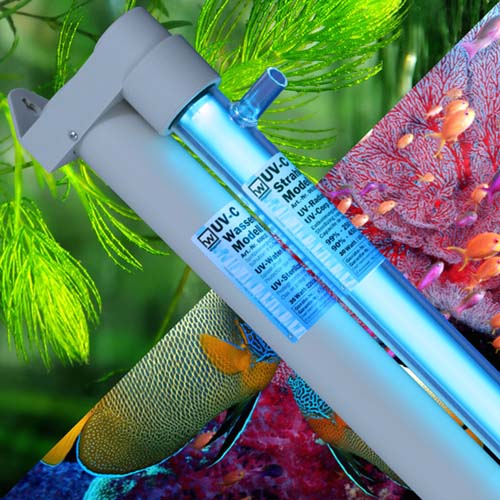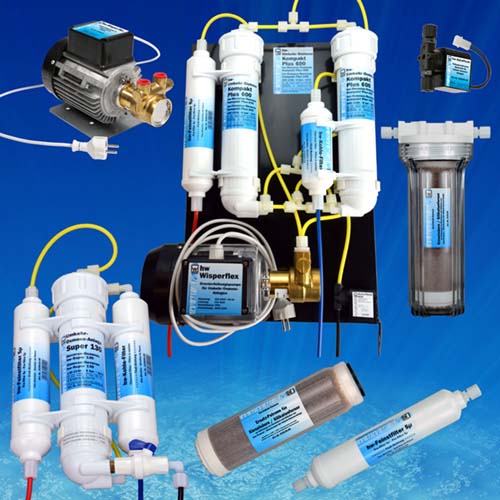Research and projects we are following and support in this way:
Recent Impulses to Marine Science and Engineering – From coast to deep sea: multiscale approaches to marine sciences
The marine environment has always attracted people’s interest, but scientific approaches to understanding the sea are relatively new. Advances in shipping, diving, laboratory and calculation methods allow deeper insights into aquatic processes and their global effects in daily life. At the YOUMARES 4 conference, 15 groups of young scientists will give an overview of the hot topics in marine science and related engineering, as well as various questions that marine scientists are trying to answer today.
This book is aimed at schoolchildren and students who want to gain initial insights into current marine research, but also at scientists who want to broaden their horizons with other current topics in marine research.
Recent Impulses to Marine Science and Engineering
From coast to deep sea: multiscale approaches to marine sciences
Short title: RIMSE 2013
Binding: paperback
Publisher: DGM Eigenverlag (September 2013)
Editor: M.H. Einsporn, J. Wiedling, S. Beilfuss
Language: English
ISBN-13: 978-3-00-043157-9
Size: approx.21.0 x 14.7 x 1.4 cm
Subscription price until 30.09.2013 (including shipping): 8 euros
Regular price from 01.10.2013: 10 euros
Available from October 1, 2013
Orders via dgmbuero@dg-meeresforschung.de [
Excerpt: Size: approx. 21.0 x 14.7 x 1.4 cm Subscription price until 30.09.2013 (including shipping): 8 euros Regular price from 01.10.2013: 10 euros Available from October 1, 2013 Orders via dgmbuero @ dg -meeresforschung.de Extract: http://youmares.net/images/stories/ym4/2013rimse-online-example.pdf
The Alfred Wegener Institute Helmholtz Centre for Polar and Marine Research:
As a Helmholtz Centre for Polar and Marine Research, the Alfred Wegener Institute works primarily in the cold and temperate regions of the world. Together with numerous national and international partners, we are involved in deciphering the complex processes in “System Earth”. Our planet is undergoing profound climate change. The polar regions and oceans are changing. At the same time, they play a central role in the global climate system. How is planet Earth evolving? Are we observing short-term fluctuations or long-term trends? Polar and marine research has always been a fascinating scientific challenge. Today it is also a piece of future research.
Max-Planck-Gesellschaft:
Erosion in tropical coastal regions leads to the rapid death of the corals.
The color, variety and exoticism of the tropical coral reefs fascinate many people worldwide. Yet it is the consequences of our civilization that threaten this fragile ecosystem through global warming, lack of oxygen and ocean acidification. Progressive industrialization, deforestation and intensive agriculture in coastal areas lead to erosion and change the living conditions in the sea dramatically. Bremen researchers from the Max Planck Institute for Marine Microbiology have now teamed up with colleagues from Australia, the Sultanate of Oman and Italy to investigate what causes the corals to die. According to this, lack of oxygen together with an acidification of the environment starts a chain reaction, which leads to the death of the corals.



